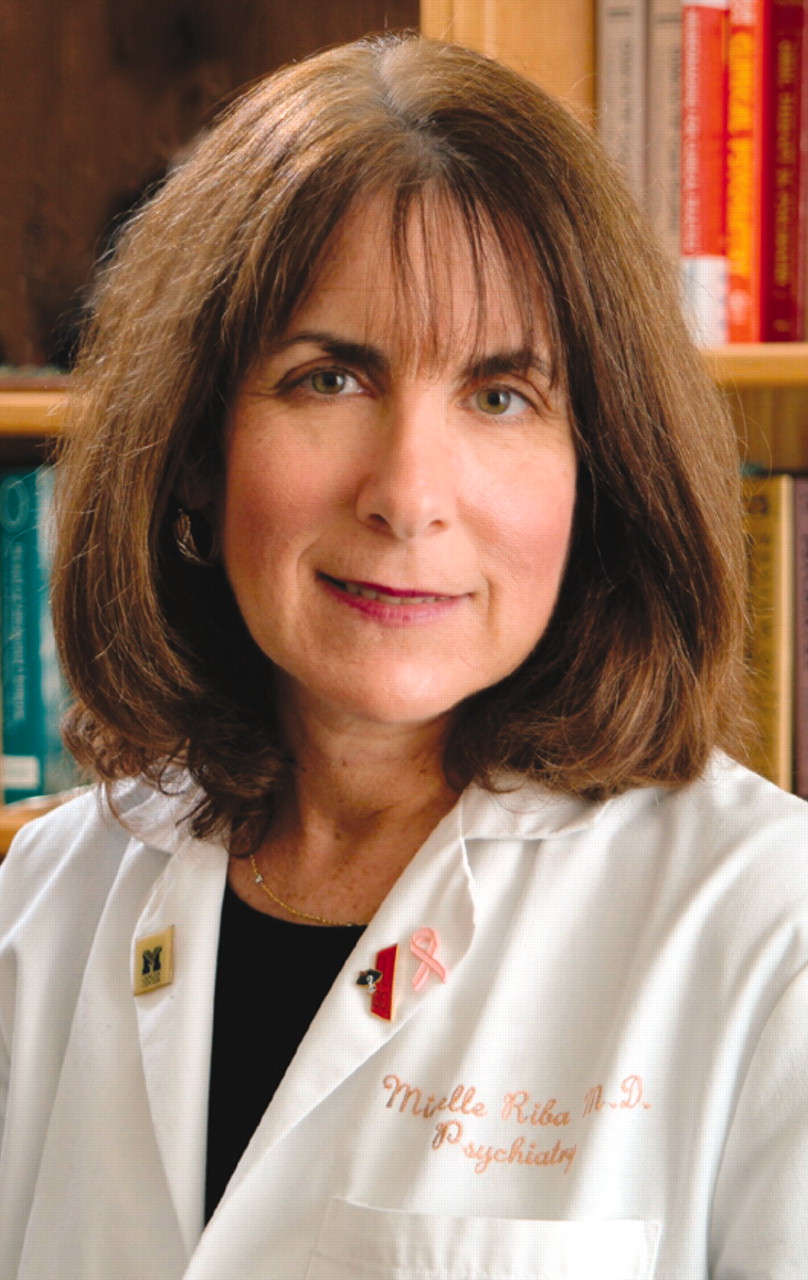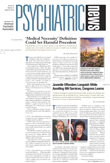The theme of this year's Institute on Psychiatric Services—“Mental Health Disparities in the Community”—illustrates why the institute is so valuable to practicing clinicians: it imparts information that is immediately useful on the clinical level while also discussing developments that impact psychiatry at the community level, with the goal of improving care in both the public and private sectors.
This year's institute will provide APA an opportunity to address a topic to which the Association has paid much attention through its Council on Minority Mental Health and Health Disparities and Steering Committee for Eliminating Disparities in Access to Psychiatric Care.
This work is indeed timely—two landmark reports have made the elimination of disparities in mental health care a major objective in the United States: The 2003 report of the President's New Freedom Commission on Mental Health, which proposed that this country transform its mental health system by focusing on six aims, including the elimination of disparities in mental health services, and the 2001 supplement to the “Surgeon General's Report on Mental Health,” titled “Mental Health: Culture, Race, and Ethnicity,” which documented the disparities in mental health care for racial and ethnic minorities in terms of access, quality, and outcomes and notes that these minorities are grossly underrepresented in psychiatric research.
My friend and fellow Michigander, Gloria Pitts, D.O., is the chair of the institute's Scientific Program Committee and has been working very hard with the committee and staff to line up an impressive array of sessions on this topic and many others of importance to psychiatrists today. Thanks also go to local arrangements consultant Patrice Harris, M.D.
As a former chair of the committee, I can attest to the fact that the institute encourages close interaction between faculty and participants. The meeting brings together many of psychiatry's best minds in a relaxed atmosphere and foot-saving setting. The focus is on topics of clinical relevance, community psychiatry, emergency psychiatry, and collaboration with other mental health and medical professionals. There is also much emphasis on systems of care and interdisciplinary care of patients in clinical settings.
Among the scientific sessions that will emphasize this year's theme are“ Cultural Attitudes and Perceptions in the Diagnosis of ADHD,”“ Migrations, Acculturation, and Mental Health: A Hispanic Perspective,” “Exploring Trauma and Resiliency in Minorities,” and “New and Emerging Paradigms for Understanding Disparities in Mental Health,” to name just a few.
A new feature of this year's institute are plenary sessions. These sessions feature experts who can captivate an audience and are scheduled so that no other sessions or activities conflict with them.
The first plenary session will feature Carl Bell, M.D., the president and CEO of the Community Mental Health Council Inc. in Chicago and a professor of public health and psychiatry at the University of Illinois at Chicago School of Medicine. In a discussion on propaganda, Dr. Bell will examine how psychiatry and psychiatrists are portrayed in the media.
The second plenary session, “Transforming Mental Health Care in America,” will feature experts from the Substance Abuse and Mental Health Services Administration (SAMHSA) with APA President-elect Steven Sharfstein, M.D., as the discussant. Kathryn Power, M.Ed., director of mental health services at SAMHSA, will be the keynote speaker.
This year's medical update series will cover diabetes, celiac disease, and infectious diseases.
Both this year's institute and the 2005 annual meeting will be held in Atlanta. While it might have been better to spread out our visits to the same location, it does give us all an opportunity to doubly enjoy this great city—it is home to many important academic, historic, cultural, and scientific institutions, such as the Centers for Disease Control and Prevention and Emory University. There are many psychiatry residency programs in the greater Atlanta area, and we hope that their medical students, residents, and faculty will attend the meeting.
You can find a complete list of educational sessions as well as information on other events, registration, housing, and transportation on APA's Web site at<www.psych.org/2004IPS>. You can also obtain a preliminary program by calling the APA Answer Center at (888) 357-7924.
I look forward to seeing you in Atlanta. ▪

